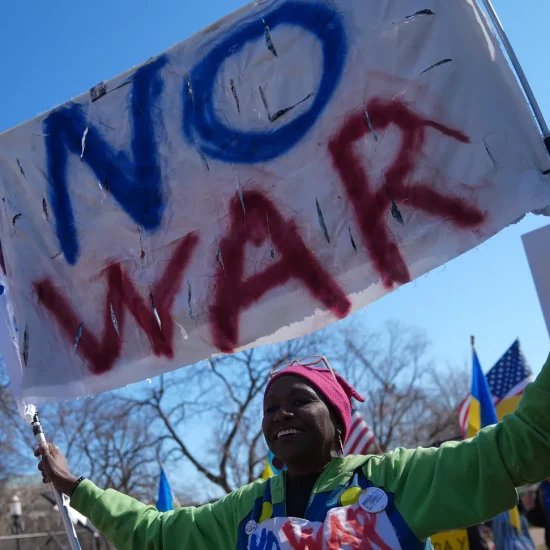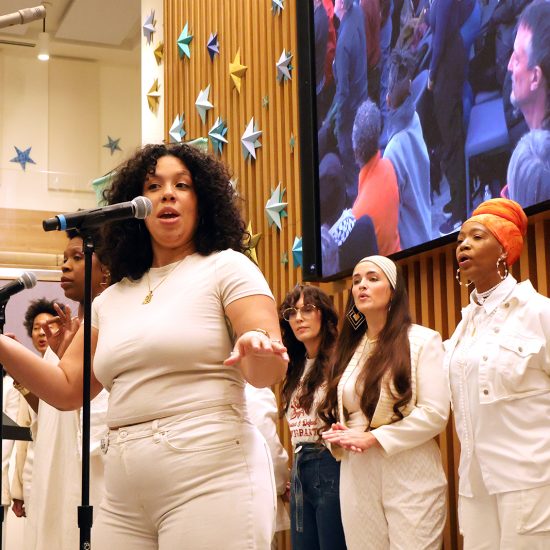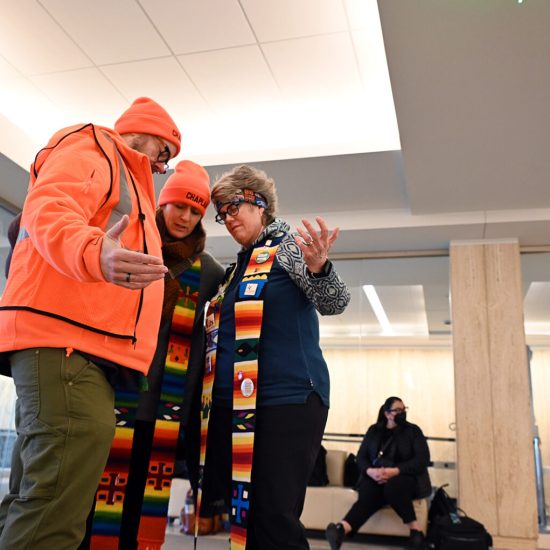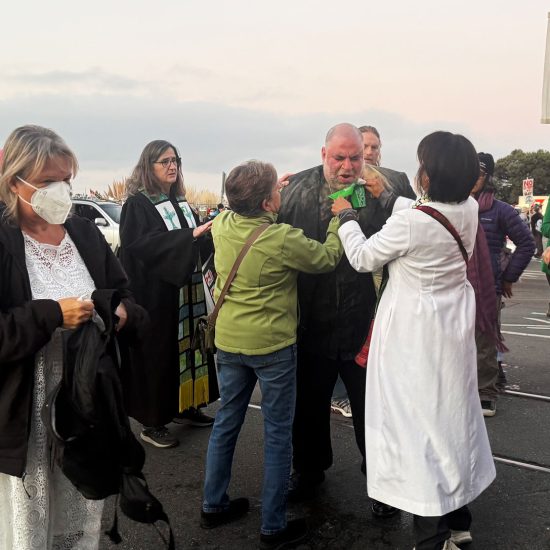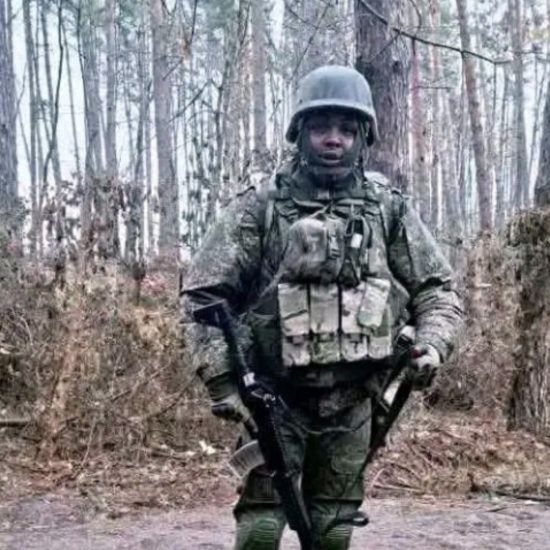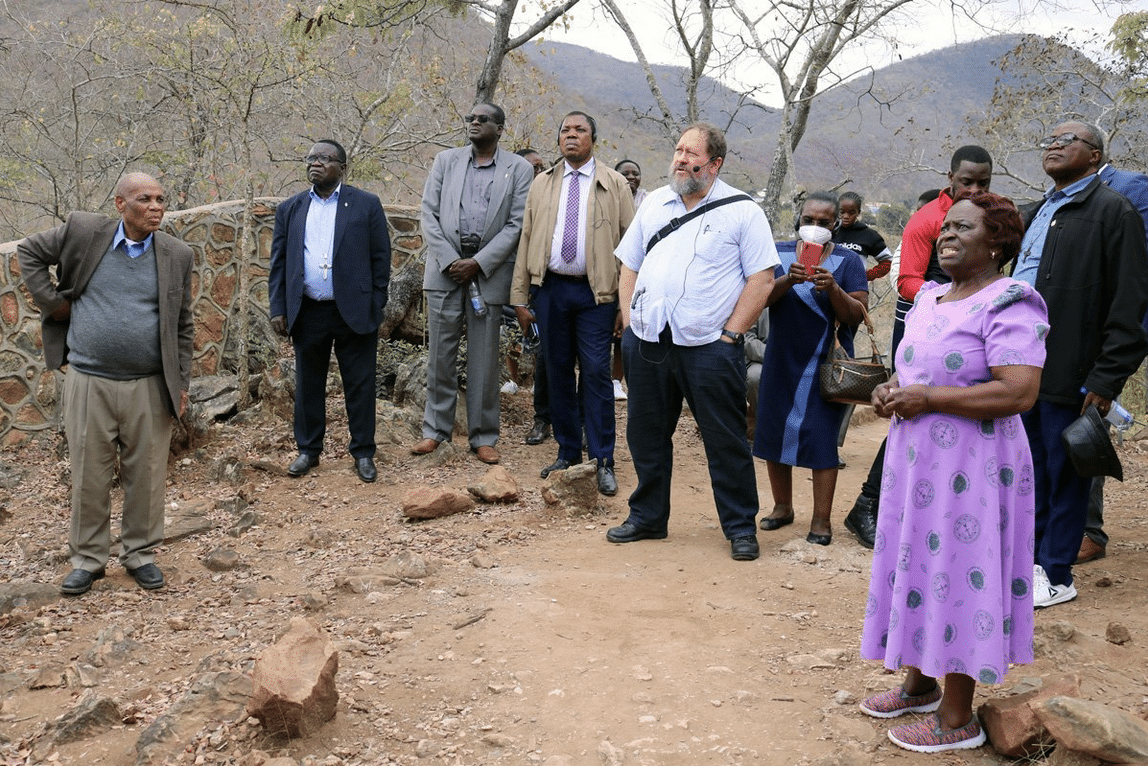
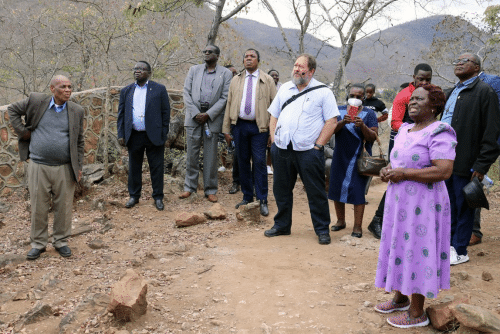
Greater Nhiwatiwa, right, wife of Bishop Eben K. Nhiwatiwa, left, explains the history and significance of the Chin’ando prayer mountain to bishops attending the Africa College of Bishops retreat, held Sept. 5-8, 2022, at Africa University in Mutare, Zimbabwe. Photo by Eveline Chikwanah/UM News
(RNS) — A group of United Methodist bishops in Africa announced Thursday (Sept. 8) that it will no longer work with the Africa Initiative or the Wesleyan Covenant Association, accusing the groups of spreading misinformation.
In a statement issued at the conclusion of last week’s meeting of the Africa Colleges of Bishops at Africa University in Zimbabwe, the bishops said, “We will not tolerate anyone giving false information about The United Methodist Church in our areas.”
The bishops claim the Africa Initiative, which was formed in 2008 to give African clergy and laity a stronger voice in the global denomination, has “lost its original goal of helping The United Methodist Church in Africa.” Instead, the statement alleged, the initiative is “working with Wesleyan Covenant Association to destroy our United Methodist Church.”
They also claim the Africa Initiative is supporting the Global Methodist Church.
For the past several years, the United Methodist Church has discussed plans to split the denomination, largely over differing views on the ordination and marriage of LGBTQ members. In 2020, several bishops and advocacy group leaders arrived at a proposal that would allow individual churches and regional annual conferences to leave to form new expressions of Methodism, committing $25 million to the creation of a theologically conservative Methodist denomination.
With a vote on the proposal at the 2020 meeting of the General Conference, the denomination’s global decision-making body, delayed several times due to the pandemic, some Methodists founded the Global Methodist Church earlier this year as a home for theologically conservative Methodists.
But the Global Methodist Church, the African bishops pointed out in their statement, has not yet been recognized by the General Conference.
In the meantime, the statement said, African bishops “remain committed to the teachings of the Bible and to the doctrines of our Christian faith and heritage.” Still, their decision to distance themselves from the groups disrupts an often-heard narrative that the conservative views of growing United Methodist conferences in Africa and Asia are a driving force behind the schism.
The statement was signed by all but one of the 13 active bishops in Africa listed on the United Methodist Church website, as well as Bishop Nkulu Ntanda Ntambo, who is retired.
The lone holdout was Bishop John Wesley Yohanna of the Nigeria Episcopal Area, who told United Methodist News, “The Africa Initiative and Wesleyan Covenant (Association) are pushing for obedience to the Bible and the Book of Discipline. Why should we not associate with them?”
On Monday, the Wesleyan Covenant Association, a network of theologically conservative United Methodists, responded on Facebook, saying it was “deeply disappointed, but not surprised, by the statement purported to come from all the African Bishops.”
But the association also questioned in its post whether all the bishops listed as signers support the statement, as it lists the names of bishops “present” at the meeting and not “bishops that were present and supported the statement.”
“We remain committed to working with theologically conservative Methodists across the continent of Africa to empower their witness to the faith and their right to make informed decisions about their future in the church,” the post said.
The Wesleyan Covenant Association also shared a lengthy response signed by 18 executive committee members of the Africa Initiative that characterized the bishops’ statements as a “declaration of war.”
The Africa Initiative’s response said the group resolved at its most recent gathering to continue its support for the proposal to split the denomination and to encourage African churches to wait for a vote on that proposal at the next General Conference meeting.
The African bishops aren’t the first to express concerns about tactics used by the Wesleyan Covenant Association and other conservative groups to encourage churches to disaffiliate from the denomination.
In his first official address as president of the United Methodist Church’s Council of Bishops last month, Bishop Thomas Bickerton of the New York Annual Conference called on those groups to stop the negative rhetoric. That includes what Bickerton described as “accusations and statements that are just not true” made by the Global Methodist Church and Wesleyan Covenant Association.

